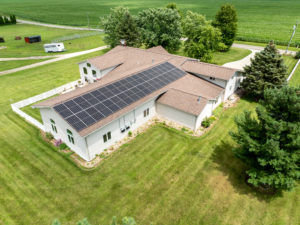9 FAQs About Solar Power: Everything You Need to Know

Solar power is more than just a buzzword; it’s a growing movement toward sustainable energy. However, with so many myths and questions surrounding this technology, it can be overwhelming for those new to solar energy. To help clear up any confusion, we’ve compiled a list of the most frequently asked questions about solar power and provided straightforward answers.
1) How Do Solar Panels Work?
Solar panels work by converting sunlight into electricity through a process called the photovoltaic effect. Each panel consists of many solar cells made from semiconductor materials, typically silicon. When sunlight hits these cells, it excites electrons, creating an electric current. This direct current (DC) is then converted to alternating current (AC) by an inverter, which is used to power your home.
2) What Are the Benefits of Solar Energy?
Solar energy offers numerous benefits:
- Environmental Impact: It reduces greenhouse gas emissions and decreases reliance on fossil fuels.
- Cost Savings: Over time, solar panels can significantly lower your electricity bills.
- Energy Independence: Solar power can reduce your reliance on the grid and protect you from rising energy costs.
- Increased Property Value: Homes with solar installations often see an increase in property value.
- Low Maintenance: Solar panels require minimal maintenance and have long lifespans, often lasting 25 years or more.
3) Do Solar Panels Work on Cloudy Days?
Yes, solar panels still work on cloudy days, though their efficiency may be reduced. Solar panels can capture diffuse sunlight even when the sun is obscured by clouds. Modern solar panels are designed to be effective in various weather conditions, though they do perform optimally in direct sunlight.
4) What Happens at Night When There’s No Sun?
Solar panels do not produce electricity at night. However, many solar systems are paired with battery storage or are connected to the grid. With battery storage, excess energy generated during the day is stored for use at night. If your system is grid-tied, you can draw electricity from the grid when solar power isn’t available.
5) Are Solar Panels a Good Investment?
Solar panels can be a great investment, especially in regions with high electricity rates and plenty of sunshine. The return on investment (ROI) is influenced by factors like local energy prices, available incentives, and the cost of installation. Over time, the savings on electricity bills can offset the initial cost of the system, making solar panels a financially beneficial choice for many homeowners.
6) How Long Do Solar Panels Last?
Solar panels are designed to be durable and typically last between 25 and 30 years. Most panels come with a warranty of 20 to 25 years, guaranteeing that they will produce a certain percentage of their original power output during that time. Regular maintenance and care can help extend their lifespan.
7) Will Solar Panels Work During a Power Outage?
If your solar system is grid-tied without battery storage, it will not work during a power outage. This is a safety feature to protect utility workers from being exposed to electricity while repairing the grid. However, if you have a battery storage system or a hybrid system, you can continue to use solar power during outages, depending on the system’s configuration.
8) How Can I Determine if My Home is Suitable for Solar Panels?
To determine if your home is suitable for solar panels, consider the following factors:
- Roof Orientation and Angle: South-facing roofs with a good angle are ideal for capturing maximum sunlight.
- Shade: Minimize shading from trees, buildings, or other obstructions to ensure optimal panel performance.
- Roof Condition: Ensure your roof is in good condition since solar panels are usually installed for the long term.
- Energy Needs: Evaluate your energy consumption to size your solar system appropriately.
A professional solar installer like Solect Energy can conduct a detailed assessment and provide recommendations based on your specific circumstances.
9) What Incentives Are Available for Solar Power?
Various incentives can make solar power more affordable, including:
- Federal Tax Credit: In many countries, there is a tax credit available for a percentage of the cost of installing solar panels.
- State and Local Incentives: Some regions offer additional rebates, tax credits, or incentives for solar installations.
- Utility Programs: Certain utilities offer programs that provide financial incentives for solar power or net metering agreements.
It’s important to research the specific incentives available in your area, as they can significantly impact the overall cost and savings of your solar system.
Solar power is an exciting and viable option for sustainable energy, but it’s natural to have questions as you consider making the switch. By understanding the basics, benefits, costs, and practical considerations, you can make an informed decision about whether solar energy is right for you. As technology advances and more incentives become available, solar power is likely to become an even more attractive option for homeowners and businesses alike.
If you have more questions about solar power, please contact your local solar team at Solect Energy. We’d be happy to help!
